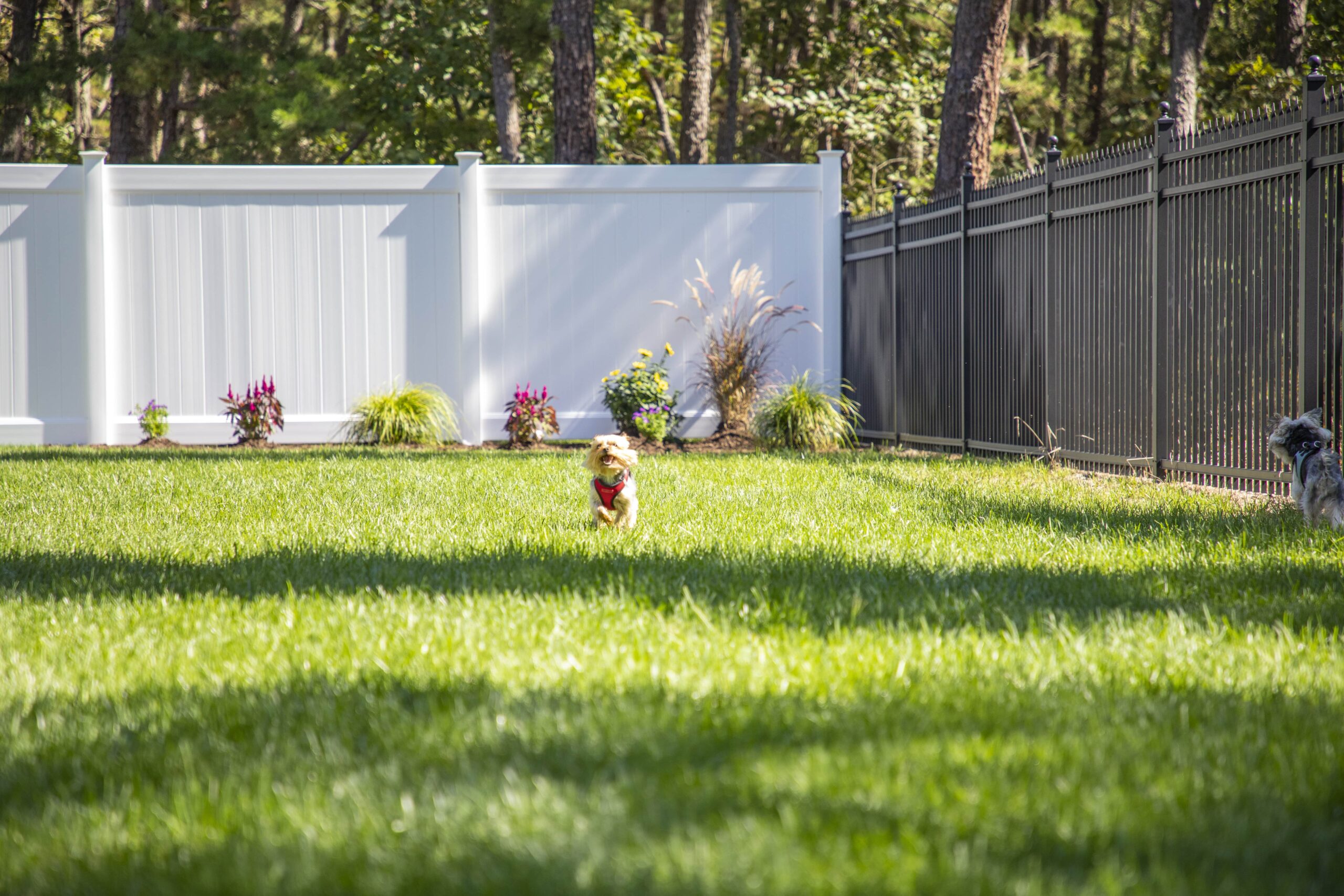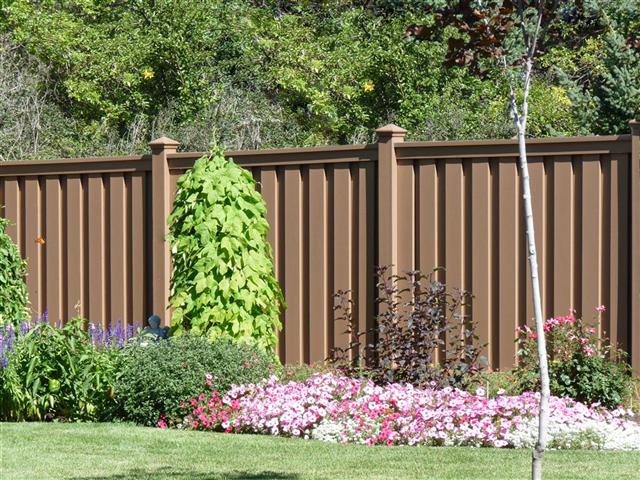All Categories
Featured

Choosing the best secure fencing product is vital for accomplishing the equilibrium of toughness, visual appeals, and functionality that suits your residential or commercial property. Timber, plastic, and aluminum are preferred selections, each with unique features that deal with particular demands. Here's a thorough take a look at the benefits and negative aspects of these 3 materials.
Wood Secure Fencing. Pros:. Ageless Appeal: Wood uses an all-natural, traditional look that complements numerous building designs. Adjustable: It can be repainted or discolored in a selection of colors and layouts. Cost effective: Wood fencings are typically less costly upfront than plastic or light weight aluminum. Eco-Friendly: As a renewable resource, timber is lasting and biodegradable when sourced properly. Disadvantages:. Maintenance-Intensive: Calls for regular staining, paint, or sealing to protect against climate and pests. Shorter Lifespan: Depending on the type of timber and environment, it commonly lasts 10-15 years. Vulnerability to Damage: Prone to decaying, bending, and termite damages without correct treatment. Timber is suitable for home owners who value visual appeals and are prepared to spend effort and time in upkeep to extend its life.
Vinyl Fence. Pros:. Durable: Resistant to insects, rot, and climate, vinyl keeps its structure in rough problems. Reduced Upkeep: Needs little upkeep past periodic cleansing. Lengthy Life-span: Vinyl can last 20-30 years without significant wear or damage. Versatile Styles: Readily available in various shades, appearances, and styles, consisting of options that mimic wood. Cons:. Pricey Installation: Vinyl fences are much more expensive to install compared to timber. Weak in Cold Weather: Plastic can break in severe chilly climates. Challenging to Repair work: If damaged, whole areas may require replacement, which can be testing to match. Plastic fence is a great choice for those focusing on longevity and marginal upkeep, even if it features a greater in advance cost.

Light Weight Aluminum Secure Fencing. Pros:. Rust-Resistant: Aluminum does not corrosion, making it perfect for moist or wet locations. Strong but lightweight: Offers toughness without being overly heavy, which streamlines installment. Reduced Upkeep: Requires bit greater than cleaning and periodic repainting. Long life: Light weight aluminum fences can last for decades without considerable damage. Sophisticated Designs: Typically used for ornamental purposes, light weight aluminum includes elegance to any kind of home. Disadvantages:. High Preliminary Cost: Aluminum fencings are amongst the more pricey alternatives. Restricted Personal privacy: Often designed with open areas, they don't block sights or sound. Susceptible to Damages: While tough, aluminum can be nicked or bent with heavy influence. Light weight aluminum is ideal matched for those who desire a long-lasting, trendy fencing and do not call for full personal privacy.
Making the Right Selection. Each product has its weak points and toughness:

Timber is ideal for standard appearances and eco-conscious customers that do not mind maintenance. Plastic benefits home owners seeking a weather-resistant, low-maintenance option. Aluminum is a long lasting, decorative choice for those who desire sophistication and long life. Consider your top priorities-- whether it's cost, personal privacy, maintenance, or appearance-- and consult a fencing professional to pick the material that best satisfies your demands. A well-selected fencing will certainly improve your home for many years to come.
Latest Posts
Chill, Sip, and Enjoy at Shake Alley
Published Apr 20, 25
2 min read
Maximize Your Savings Prospective with WyHy MAX Cash Market
Published Apr 20, 25
1 min read
Trusted Auto Repair in Your Area - Trust Montclare’s Certified Professionals
Published Apr 20, 25
2 min read